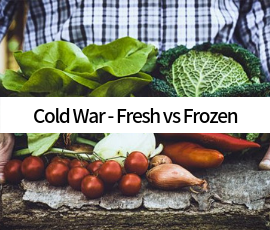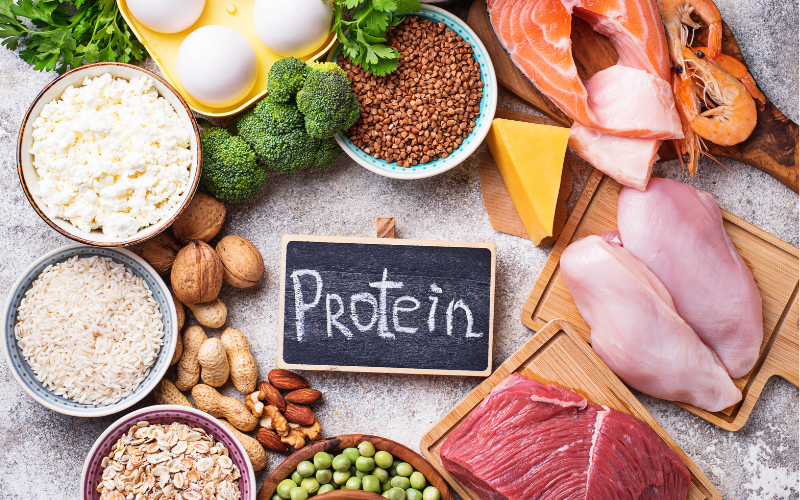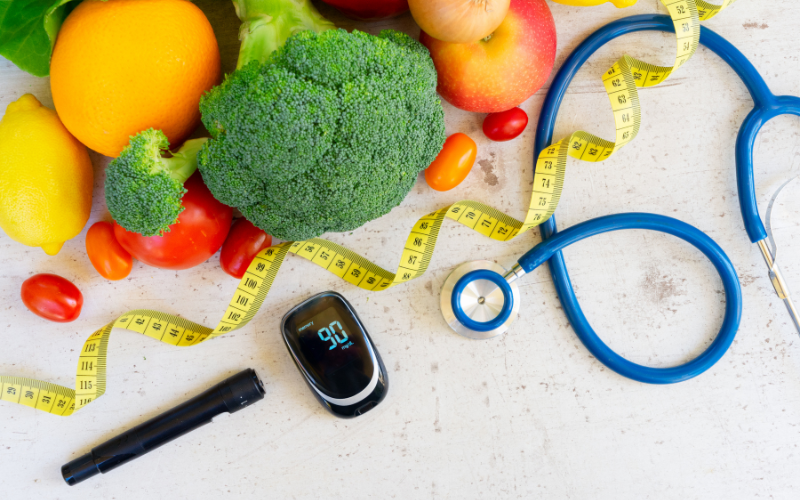Body, mind and the occasional shiraz: Red wine benefits

We’ve all heard that wine is good for us but how good exactly? And how much is enough? And what type is best?
White or red wine benefits & other health tips
Most people will agree that choosing between red wine or white wine, or rose or sparkling is simply a matter of taste because understandably, the best wine for you to drink is the one you like.
However, if you’re solely concerned with health, then you need to know about the beneficial plant compounds in wine, which include resveratrol, procyanidins and quercetin to name a few. Because red wine is steeped with the grape skins, it contains higher levels of health-giving compounds so it’s a better choice. White wine does also contain those valuable elements but in lower amounts.
Best of the reds? Pinot noir is the wellbeing winner for its high antioxidant count. However, other dry red wine health benefits in cabernet or merlot are not far behind. These reds all get bonus points for their low sugar content.
Sweet white wines like moscato or Riesling are at the bottom of the health list as they have the lowest antioxidant content and are higher in sugar.
What about organic wines and sulphites?
Now we’ve established that red wine benefits edge out white wines, what other healthier options are there?
Organic is one, and there are many benefits to selecting naturally made wines. Firstly, organic wine producers in Australia do not apply any synthetic chemicals to the soil, vines, or wine. They also don’t use any genetically modified ingredients, and they farm using sustainable methods.
However, organic wines are not necessarily preservative-free wines, though they do tend to contain less preservatives than non-organic types. This is welcome news to those who are sensitive to the main preservative used in wines, sulphur dioxide. Some people react to sulphites with symptoms including dermatitis, asthma, abdominal pain or diarrhoea and it may be dose dependant (the higher the dose, the more likely or severe the reaction).
It is important to note that all wines have naturally occurring sulphites, as do beers and cheeses for example. So if you’re particularly sensitive then you may need to avoid wine altogether or be careful to choose wines that have very low natural levels and no additional added preservative.
The best thing to do is check the labels. Look for any information that enables you to compare one to another and then sample the wine to judge whether it agrees with your body.
Overall the optimal choice for health is an organic, dry red wine that is dark in colour.
7 health reasons to drink red wine
You’re all set with your wine choice, so what sort of red wine health benefits can you expect? Scientists have been busy indeed. They’ve studied all types of wines, their constituent parts and effects on the body and found these health advantages:
1. Antioxidants – Red wine is loaded with polyphenols and the darker the wine the more antioxidants it contains. Antioxidants slow down or prevent damage to our cells.
2. Good for the bones - Red wine contains high levels of silicon, which is great for your bone mineral density and preventing osteoporosis.
3. Stroke prevention - Moderate consumption of red wine can prevent blood clotting. This is largely due to phenolic compounds in wine which act as natural blood thinners (as long as you stick to moderate consumption).
4. Reduces heart disease risk - The tannins found in red wine contain procyanidins, which have been shown to be effective in preventing cardiovascular disease thanks to their ability to improve blood flow and vessel health. Again, moderation is key.
5. Lowers cholesterol – Due to both the resveratrol and procyanidin concentrations, red wine can lower LDL cholesterol (the bad cholesterol) and increase the HDL cholesterol (the good one).
6. Reduces insulin resistance (and Type 2 diabetes) – Once again, it’s resveratrol to the rescue here, with its ability to improve insulin sensitivity.
7. Lowers cancer risk - The antioxidants in wine combat nasty free radicals that could otherwise allow cancer to thrive. Studies have shown that the risk of prostate, colon and breast cancer can all be reduced by drinking a glass of red wine.
But…can you have too much of a good thing?
Unfortunately yes. The amount of wine associated with good health is surprisingly small, not more than two standard glasses a day. The latest Australian guidelines define one standard glass as 100ml of wine (that’s probably a lot smaller than your average home pour).
Drinking more than the recommended guideline can do real harm to your health. If improving your health is your end goal, most experts agree that you’d be better off skipping the wine altogether and focussing on healthy eating and exercise. These two approaches will be more effective in helping you to maintain or lose weight, boost your energy levels and improve your general health scores. Plus eating healthy is made easy with healthy meals delivered or if you prefer weight loss meal plans, where all the hard work is done for you. At least your diet is delicious!
But if you can’t bear the thought of giving up wine altogether? Not to worry, just keep within the guidelines and enjoy that occasional shiraz (or pinot noir) guilt-free. After all, it is good for you!










